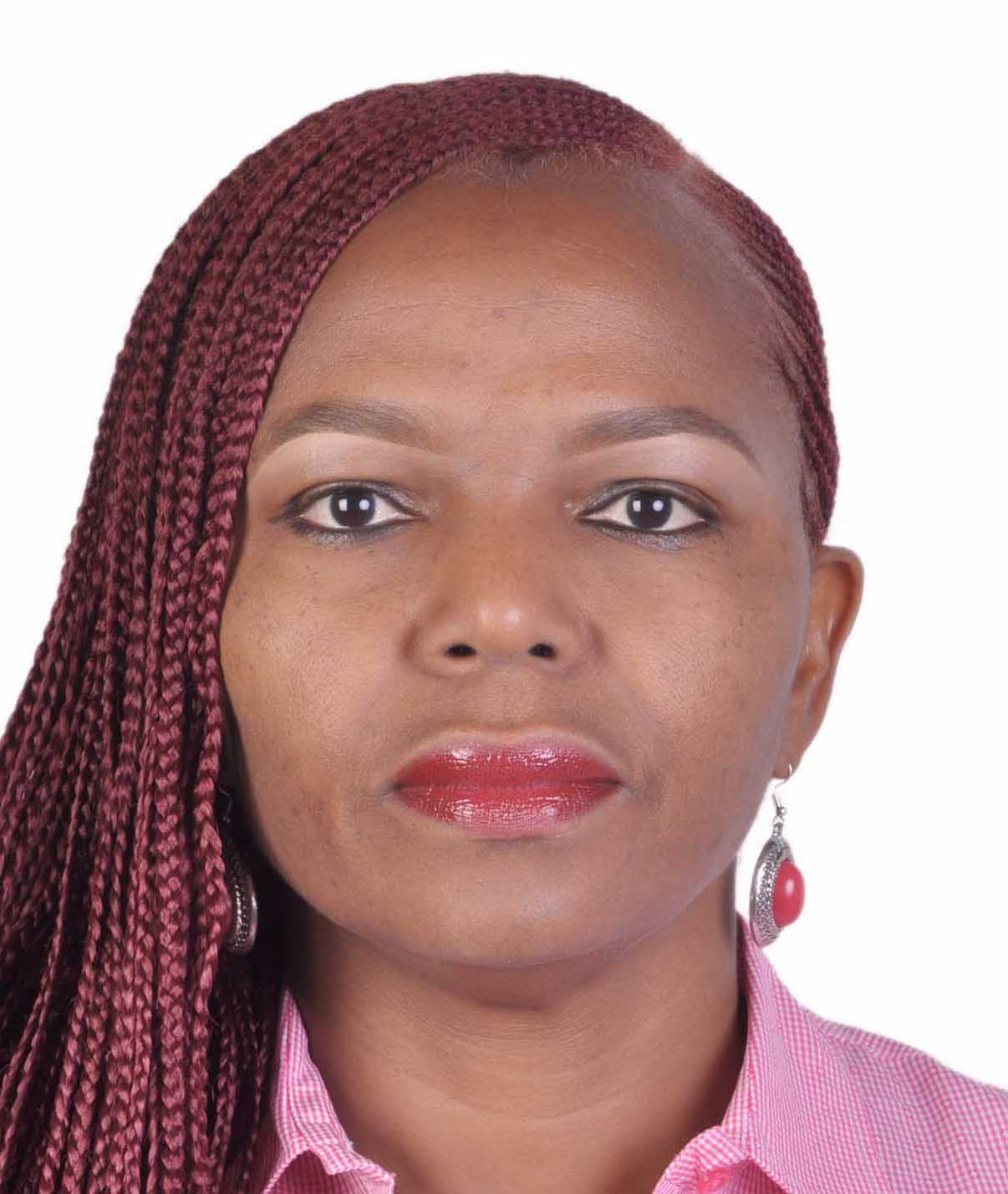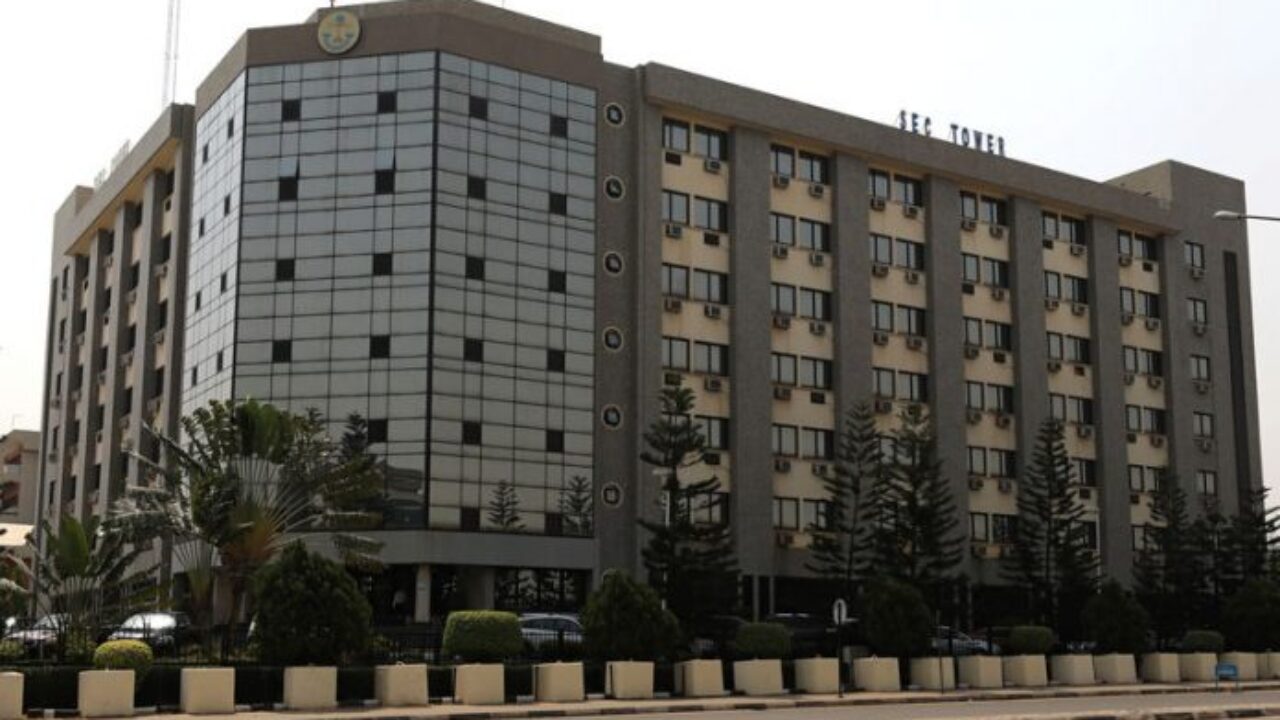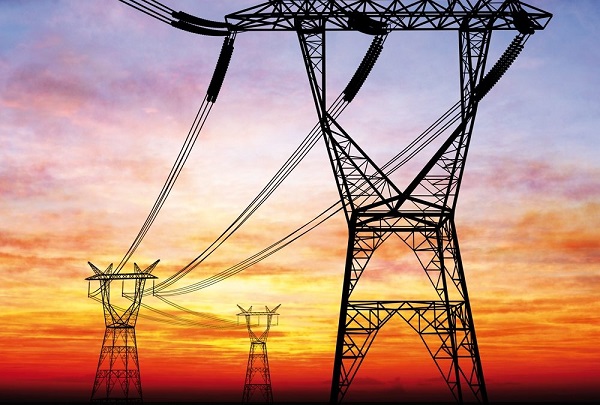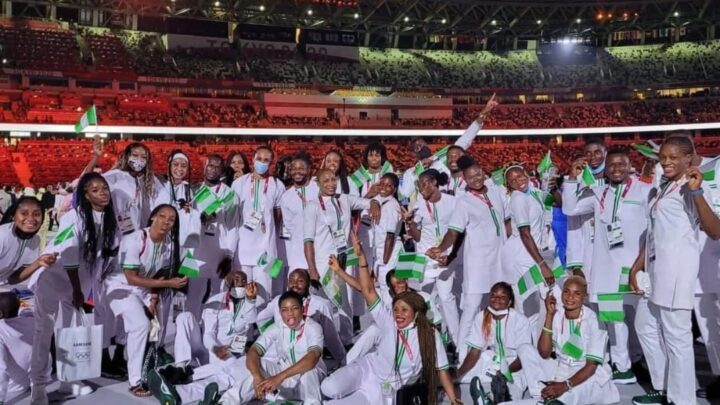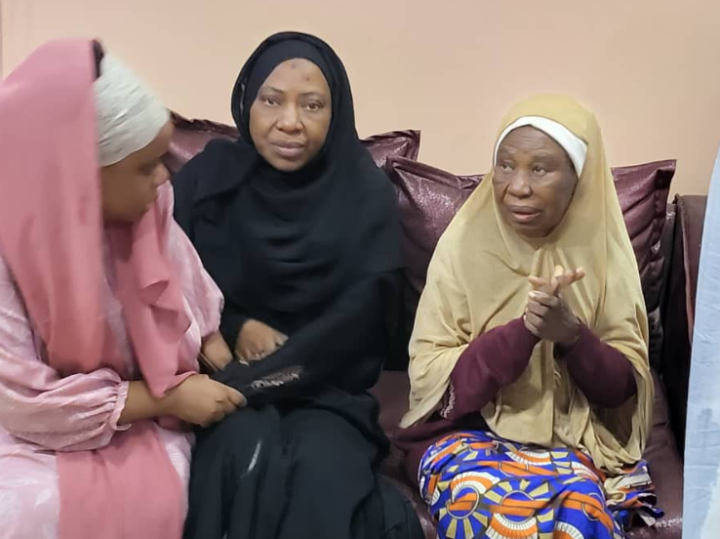I am assuming that many people have watched Justice Served. So, perhaps it’s better to begin by asking whether you’ve seen Justice Served on Netflix? Justice Served is a 6-episode drama series which premiered on Netflix on July 29, 2022 with Jozua Malherbe, Zwelethu Radebe, Rolie Nikiwe as directors.
The series set in South Africa opens with the trial of Allan Harvey (Morné Visser), a white South African man charged for the murder of a Black man, Zoliswa Masondo (Edgar Sindane). A sentencing decision by the presiding judge, Judge Bhengu (Motshabi Tyelele) appears imminent. However, members of the Numoor burst into the courtroom and take charge of proceedings just as Judge Bhengu is about to make her pronouncement on Harvey’s innocence. The Numoor (start out in masks reminiscent of Money Heist) are led by their leader, Azania Maqoma (Hlomla Dandala, you may remember him as Jacob Makhubu in Jacob’s Cross on MNET). These self-proclaimed freedom fighters take matters into their own hands by turning the decision of Allan Harvey’s guilt or innocence over to the viewing public who are to simply vote Yes or No. A ‘Yes’ vote would see the accused killed on live television.
This is a complicated story which unfolds against the backdrop of racial tension that’s worsened by South Africa’s apartheid past. So, the public is split, understandably as there are no easy answers which the series does a brilliant job of highlighting. On one hand, there’s a good chance Harvey shot and killed Zoli because of his skin colour. On the other hand, it’s also possible that the justice system was probably going to let him get away with it because he’s a white man. But does this justify killing a man on live TV while the world watches even if the people are supposedly going to democratically vote for this execution? In the end, the public votes to acquit Harvey and this sends Maqoma into a fit of rage. He doesn’t understand why his people can’t see that Harvey’s guilty and deserves to be killed and thus concludes that democracy is wasted on them seeing as they can’t appreciate being given a choice. This is an argument politicians and other actors in public service make in real life: People cannot always be trusted to make the ‘right’ choice so, better informed representatives must make those hard choices for them. This also resembles how autocracy is justified. It’s the same way someone in Nigeria wanted the constitution suspended because of a purported war against corruption. Anyhow, Maqoma soon goes into the second phase of his plan which is to instigate mass chaos where he gets to reign as the supreme leader.
The above summary may not do justice to the story of Justice Served as there are so many twists and turns. And in case I forget to mention it, you do need to watch the series for yourself. At the end of the six episodes, I couldn’t help but be impressed by the effort to make the series well-rounded. I like the fact that nothing is cut and dried in Justice Served. There’s depth to the characters because no character is completely good or completely bad, and no one exists on either extreme. At least not to the point that the audience cannot appreciate their complexity.
Advertisement
For instance, Maqoma is obviously driven by revenge to the point he’s lying to his fellow freedom fighters about his reasons for their fight. Abel Kunene (Thabo Bopape) who’s now the Minister of State Security is a former Numoor colleague freedom fighter whom Maqoma considered a brother. But Abel wants power, and he has had to take out the leadership of Numoor. Fortunately, Maqoma managed to escape but Suku (Gcina Mkhize) who also served as the Numoors’ spiritual compass, wasn’t so lucky and although she’d implored him not to fight for revenge, Maqoma consistently invokes her name to galvanise the Numoors to action. Not everyone in his team buys his story though. Uhuru (Pallance Dladla) , despite his dependence on drugs (native roots), tries to be the conscience of the group, constantly reminding Maqoma that the Numoors are meant to operate in the background and aren’t meant to lead. All of this to no avail.
On the law enforcement front, there’s Brigadier Mampho Mashaba (Lerato Mvelase) who’s the officer originally in charge of the court hostage situation. But Ibrahim Hassen (Jack Devnarain) who is taking orders from Abel attempts to side line her. Things become more complicated with the involvement of her daughter Itu (Dineo Rasedile) and her boyfriend Menzi Dube (Panch Gasela) in a public protest in support of the Numoors. This had some #EndSARS vibes. At some point Mashaba had to make a choice whether to choose her daughter’s freedom over her job but will it be enough?
Advertisement
There are quite a few lessons Justice Served attempts to teach. Or rather what I see as lessons especially regarding the Nigerian situation: Heroism has its limits. Or better put, heroism comes at a price that can sometimes be steep. Take the case of the two guards who weren’t caught in the courtroom hostage situation because they were in the toilet. Sphiwe Ndou (Tiisetso Thoka) happened to be in the toilet with his colleague when almost everyone was restricted to the courtroom, some bound and their faces covered with masks. He could’ve run away as his colleague had pleaded…But he decided to help reporter Karabo Friedman (Alex McGregor) who was on her first day on the job. I was looking forward to him being made the hero who saves the situation against all odds. Alas, Guard Sphiwe only managed to turn his wife Busi (Nompumelelo Mayiyane) into a widow. Newbie journalist Karabo saw through Maqoma but then was the other side that much better?
Perhaps, the most important question is: Was justice truly served in Justice served? I’m almost tempted to ask: What does justice look like? Whether we think justice was served in Justice Served depends on whether we want justice that comes like an avenging warrior who annihilates everything in its path. This means that for those who belong to the school of ‘an eye for an eye,’ Justice Served offered some justice. Eventually, Allan Harvey was killed by Zoli’s brother Shaka (Khojane Morai). Harvey was feeling remorseful and guilty. Were it not for the specific crime he was being tried for, but for other atrocities he committed in the past even against Maqoma, as a soldier. Maqoma had succeeded in sowing enough guilt and doubt in his mind.
After all’s said, you should try to see Justice Served.
Advertisement
Add a comment
